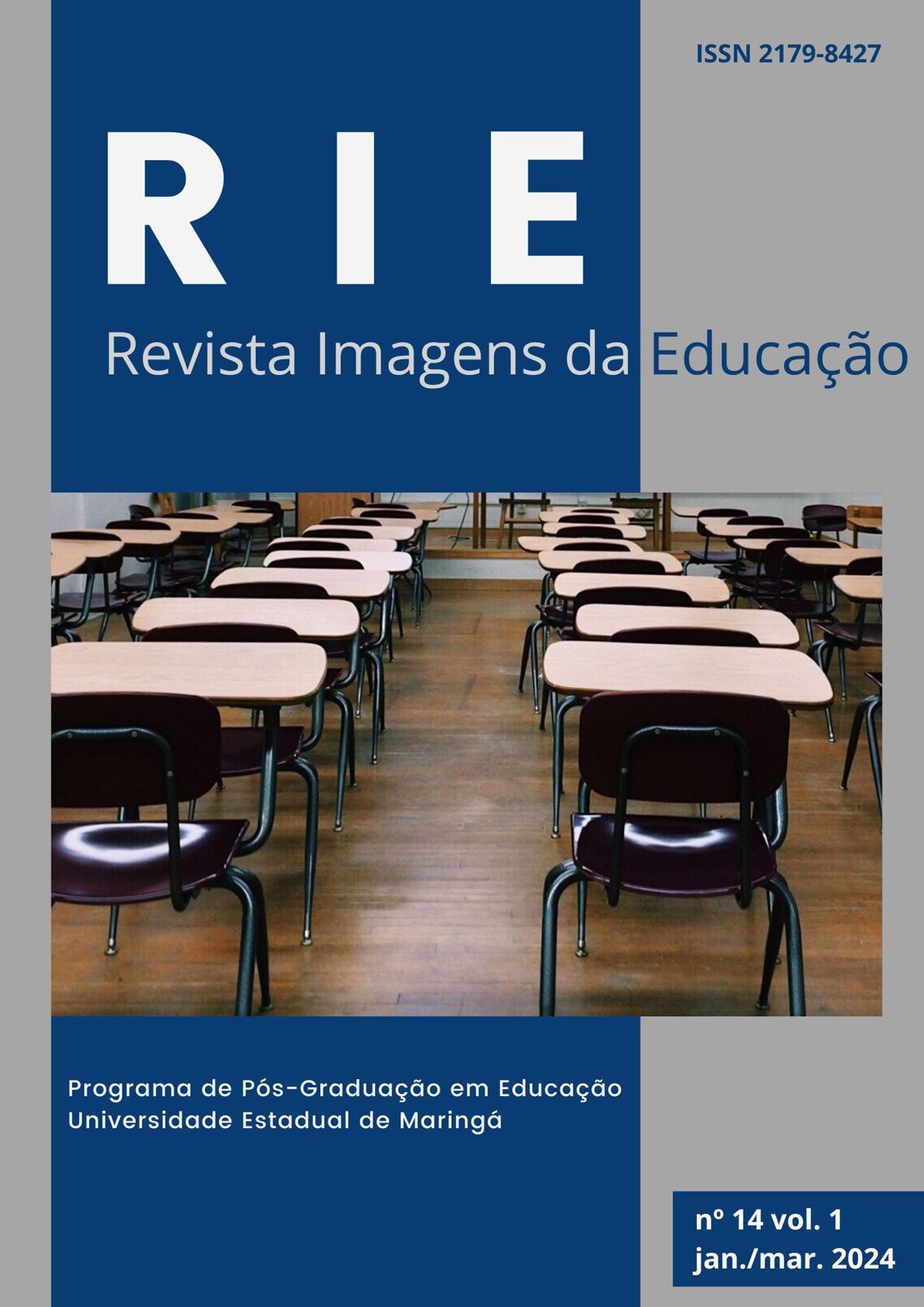NEW EDUCATIONAL ACTORS AT THE SERVICE OF THE COMMUNITY ALIGNED WITH THE NEEDS IDENTIFIED IN THE AREA - CTeSP IEE
Abstract
The article presented here intends to characterize the training practices of the educational pedagogical project of the Higher Professional Technical Course of Intervention in Educational Spaces (CTeSP IEE), operating in a higher education institution in Portugal, as a course aimed at training of professionals working in pedagogical and educational contexts. In order to monitor this process in the CTeSP of IEE, we seek to answer the research question “What practices characterize the development of the professional higher technical course of intervention in educational spaces?” In order to answer the research question, the following objectives were outlined: i) to understand the context in which the formation of the CTeSP of IEE takes place; ii) to characterize the context of those involved in the training process and iii) to characterize the methodologies and resources present throughout the training. The methodology used is shaped by the case study, of a descriptive and interpretative nature, and the investigation is carried out in the context where the practices are developed and implemented. The results show practices that favor the professional profile and the competence reference of the Higher Professional Intervention in Educational Spaces, allowing them to act and put into practice innovative pedagogical models for teaching/learning in different institutional and social contexts.
Downloads
References
Coutinho, C. (2008). Métodos de Investigação em Educação. Universidade do Minho.
Damásio, T. (2019). A educação, o ensino profissional e o futuro – da transformação educativa à criação de emprego. https://linktoleaders.com/a-educacao-o-ensino-profissional-e-o-futuro-da-transformacao-educativa-a-criacao-de-emprego/
Flick, U. (2005). Métodos qualitativos na investigação científica. Monitor.
Jesus, M. A. (2020). Ensino profissional: vocação ou recurso? [Dissertação de mestrado não publicada]. Instituto Politécnico de Setúbal.
Máximo-Esteves, L. (2008). Visão Panorâmica da Investigação-Acção. Porto Editora.
Ponte, J. P. (2002). Investigar a nossa própria prática. In GTI (Ed.), Reflectir e investigar sobre a prática profissional (pp. 5-28). APM.
Copyright (c) 2024 Imagens da Educação

This work is licensed under a Creative Commons Attribution-NonCommercial-NoDerivatives 4.0 International License.
DECLARATION OF ORIGINALITY AND CESSATION OF COPYRIGHT
I Declare that current article is original and has not been submitted for publication, in part or in whole, to any other national or international journal. I also declare that once published in the Imagens da Educação, a publication of the IES (UEM, UEL, UFSM, Univali, Unioeste and UEPG), it will not be submitted by me or by any co-author to any other journal. In my name and in the name of co-authors, I shall cede the copyright of the above mentioned article to the Universidade Estadual de Maringá and I declare that I know that the non-observance of this norm may make me liable for the penalties contemplated in the Law for the Protection of Authors' Rights (Act 9609 of the 19th February 1998).















1.png)

